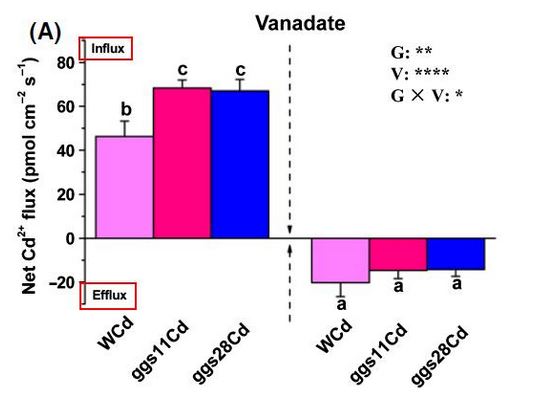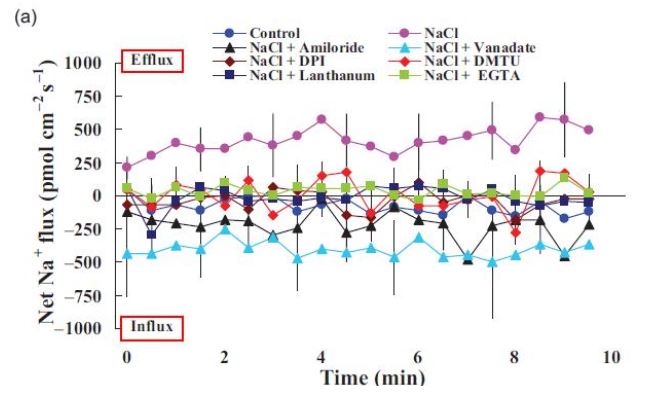“数据处理”的版本间的差异
来自NMT百科
(→数据处理方法) |
|||
| (未显示另一用户的1个中间版本) | |||
| 第12行: | 第12行: | ||
: 2. [http://pan.baidu.com/s/1kVrrbvD '''NMT数据处理分析教程【非损伤离子分子流速检测软件V2.0 (imFluxes V2.0)】'''] <font color="#0099FF">'''提取码:5m76'''</font> | : 2. [http://pan.baidu.com/s/1kVrrbvD '''NMT数据处理分析教程【非损伤离子分子流速检测软件V2.0 (imFluxes V2.0)】'''] <font color="#0099FF">'''提取码:5m76'''</font> | ||
| − | : [http:// | + | : [http://xbi.org/index.php?option=com_kunena&view=topic&catid=87&id=1043&Itemid=552&lang=cn <font color="#FF0099">如何选择imFluxes V1.0还是imFluxes V2.0?</font>] |
| − | : 3. [http:// | + | : 3. [http://xbi.org/index.php?option=com_rsfiles&layout=download&path=03+NMTliusuhuansuanbiaojijiaocheng.rar&Itemid=379&lang=cn '''NMT流速换算表及教程'''] |
: 4. [https://pan.baidu.com/s/1c3KebYC '''数据分析软件【SPSS】'''] <font color="#0099FF">'''提取码:dpil'''</font></big> | : 4. [https://pan.baidu.com/s/1c3KebYC '''数据分析软件【SPSS】'''] <font color="#0099FF">'''提取码:dpil'''</font></big> | ||
| 第32行: | 第32行: | ||
:: [[File:shujufenxi=zhengfuzhihanyi1.JPG|600px]][[File:shujufenxi-zhengfuzhihanyi2.JPG|700px]] | :: [[File:shujufenxi=zhengfuzhihanyi1.JPG|600px]][[File:shujufenxi-zhengfuzhihanyi2.JPG|700px]] | ||
| − | : 2. [http:// | + | : 2. [http://xbi.org/index.php?option=com_kunena&view=topic&catid=87&id=1258&Itemid=552&lang=cn 快速寻找标记] |
| − | : 3. [http:// | + | : 3. [http://xbi.org/index.php?option=com_kunena&view=topic&catid=87&id=749&Itemid=552&lang=cn 离子的吸收信号与外排信号,是绝对相反的两个趋势吗?如何用数据解释这一现象?] |
| − | : 4. [http:// | + | : 4. [http://xbi.org/index.php?option=com_kunena&view=topic&catid=87&id=149&Itemid=552&lang=cn#2189 测试几组样品,有的信号特别大,如何处理?] |
| − | : 5. [http:// | + | : 5. [http://xbi.org/index.php?option=com_kunena&view=topic&catid=87&id=92&Itemid=552&lang=cn 测到的样品信号“小”应如何处理?] |
| − | : 6. [http:// | + | : 6. [http://xbi.org/index.php?option=com_kunena&view=topic&catid=87&id=368&Itemid=552&lang=cn 样品流速信号波动大,如何减小波动?] |
| − | : 7. [http:// | + | : 7. [http://xbi.org/index.php?option=com_kunena&view=topic&catid=87&id=93&Itemid=552&lang=cn 流速数据在基线(零刻线)附近波动,这样的数据该如何使用?] |
| − | : 8. [http:// | + | : 8. [http://xbi.org/index.php?option=com_kunena&view=topic&catid=87&id=602&Itemid=552&lang=cn#2185 重复性不好,数据如何选择?] |
| − | : 9. [http:// | + | : 9. [http://xbi.org/index.php?option=com_kunena&view=topic&catid=87&id=603&Itemid=552&lang=cn 一组数据中的异常值过多,剔除异常值后数据量不足,应如何处理?] |
| − | : 10. [http:// | + | : 10. [http://xbi.org/index.php?option=com_kunena&view=topic&catid=87&id=611&Itemid=552&lang=cn#903 可否删除流速数据中间不稳定的部分,再进行前后拼接?] |
| − | : 11. [http:// | + | : 11. [http://xbi.org/index.php?option=com_kunena&view=topic&catid=87&id=449&Itemid=552&lang=cn 数据分析培训班咨询] |
| − | : [http://cn | + | : 12. [http://xbi.org/index.php?option=com_kunena&view=topic&catid=87&id=1683&Itemid=552&lang=cn 流速数据如何分析其规律] |
| + | |||
| + | : [http://xbi.org/index.php?option=com_kunena&view=category&defaultmenu=554&Itemid=552&catid=87&lang=cn&limitstart=0 <font color="#0099FF">'''更多内容'''</font>] | ||
: <p style="color:#FF0000">'''<big>To be continued !</big>'''</p></big> | : <p style="color:#FF0000">'''<big>To be continued !</big>'''</p></big> | ||
2020年1月20日 (一) 17:47的最新版本
数据处理方法
一、 数据处理及分析教程
- 1. NMT数据处理分析教程【非损伤微测软件V1.0 (imFluxes V1.0)】 提取码:m688
- 2. NMT数据处理分析教程【非损伤离子分子流速检测软件V2.0 (imFluxes V2.0)】 提取码:5m76
- 3. NMT流速换算表及教程
- 4. 数据分析软件【SPSS】 提取码:dpil
二、 数据处理分析手册(暂未出)
数据处理常见问题
- 1. 流速数据正负值的含义
- 1)如果是美国扬格(旭月北京)测试中心提供给您的实验结果,或是使用自己购买的非损伤微测系统所得数据,正值一律表示外排(由内向外方向流动),负值表示吸收。
- 2)如果是看文献,则一定要根据文献上的标注进行判断。
- 2. 快速寻找标记
- 11. 数据分析培训班咨询
- 12. 流速数据如何分析其规律
-
To be continued !

